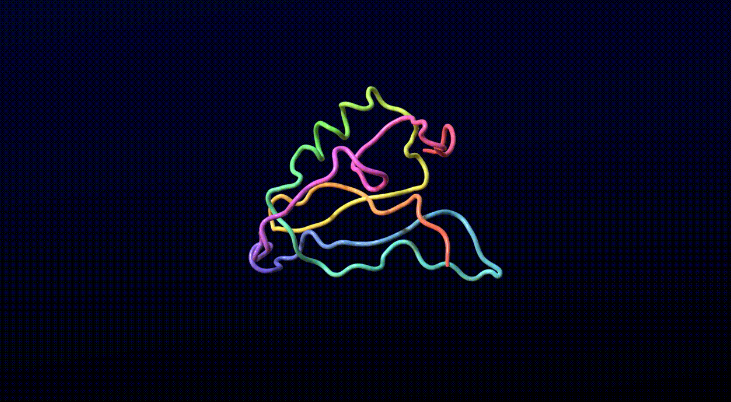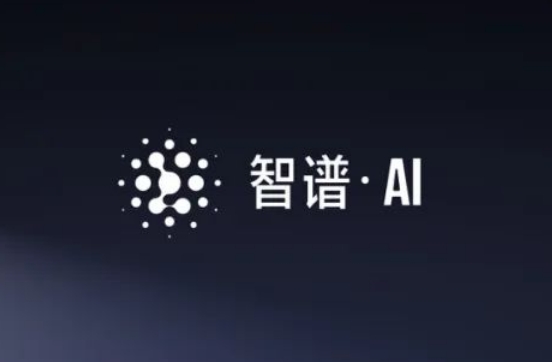At the intersection of biological and computer sciences, AlphaFold3 has emerged as a superstar since its release, capturing the attention of countless individuals. Unfortunately, Google DeepMind provided only a paper, withholding any code or model weights, akin to presenting a visually appealing cake without allowing anyone to taste it. This "closed-door" approach has led many teams to race against each other in attempts to replicate the work.
In this bustling atmosphere, a startup named Ligo has distinguished itself as the first team to replicate AlphaFold3, with all three founders being undergraduate students from the University of Oxford. They accomplished this feat within just four months, presenting a significant gift to the scientific community.

AlphaFold3 is regarded as a milestone in the field of biological sciences, especially in protein structure prediction, with immense potential. However, DeepMind's strategy has been disappointing; their work is available only on specific servers with limited daily usage, seemingly setting the stage for future commercial interests. Despite this, researchers are full of anticipation for this achievement, as it could revolutionize the rules of drug discovery.
While many scientists felt frustrated, the Ligo team courageously took the first step. Not only did they replicate the AlphaFold3 model, but they also plan to open-source it, benefiting a wider audience. The Ligo team stated that their model can currently predict protein structures effectively, with additional features to follow soon.
The replication process was not straightforward; the team completely transformed the model architecture from DeepMind's paper into PyTorch code. In this process, they discovered issues in the original paper, such as incorrect formulas in the loss function, which could affect training outcomes. Additionally, they optimized the original model, introducing residual layers to improve gradient flow.
Excitingly, the Ligo team not only followed the original model's concept but also innovated, exploring more efficient implementation methods. They even managed to generate the corresponding model using only eight A100 GPUs during training, showcasing remarkable efficiency.
Although DeepMind has temporarily closed off their results due to commercial reasons, Ligo's successful replication has brought hope and spurred more teams to follow suit. Alongside Ligo, teams from Columbia University's OpenFold and independent developer Phil Wang are actively participating in this open-source movement, creating a vibrant research ecosystem.
Project link: https://github.com/Ligo-Biosciences/AlphaFold3










